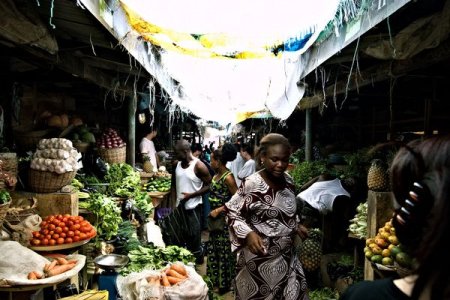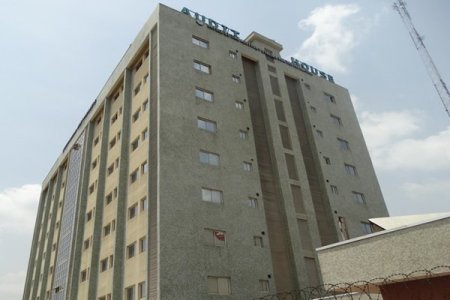
A recent NBS survey reveals that two-thirds of Nigerian households struggle to afford healthy food, with economic hardship increasing food insecurity. The survey also highlights frequent power blackouts, limited access to electricity in rural areas, and poor sanitation conditions, reflecting broader issues of poverty and infrastructure challenges.
A new survey by Nigeria’s National Bureau of Statistics (NBS) has revealed a troubling trend: two-thirds of households across the country are unable to afford healthy, nutritious food. The findings, part of the Nigeria General Household Survey – Panel (GHS-Panel) Wave 5 (2023/2024), reflect a broader pattern of economic strain, driven by rising prices and decreased purchasing power.
According to the survey, many Nigerian households are severely limited in their ability to meet basic food needs. Over 63% of households have resorted to eating a limited variety of foods, while 60% report consuming less food than they feel is necessary. This issue has worsened between Waves 4 and 5 of the survey, with the number of households expressing concern about food insecurity rising dramatically from 37% to over 62%.
Beyond food insecurity, Nigerians are also grappling with unreliable energy access. While 82% of urban households have electricity, rural areas face significantly lower access, with only 40% of households connected to the grid. On average, Nigerians experience 6.7 power blackouts each week, which exacerbates challenges related to cooking and food preparation, especially in rural areas. Traditional methods like wood-fueled stoves remain common, though the use of liquefied petroleum gas (LPG) is on the rise.
The survey also highlighted poor sanitation and informal waste disposal practices. A significant number of households lack proper toilet facilities and rely on informal methods for waste disposal. These findings point to a multifaceted crisis that threatens the well-being of millions of Nigerians.
As the country faces these pressing challenges, experts urge the government to address systemic issues like inflation, infrastructure deficits, and food security to alleviate the burdens on vulnerable populations.





